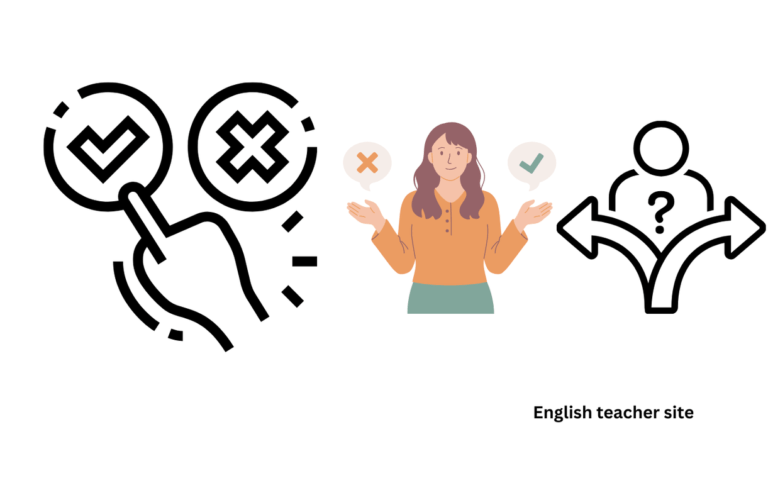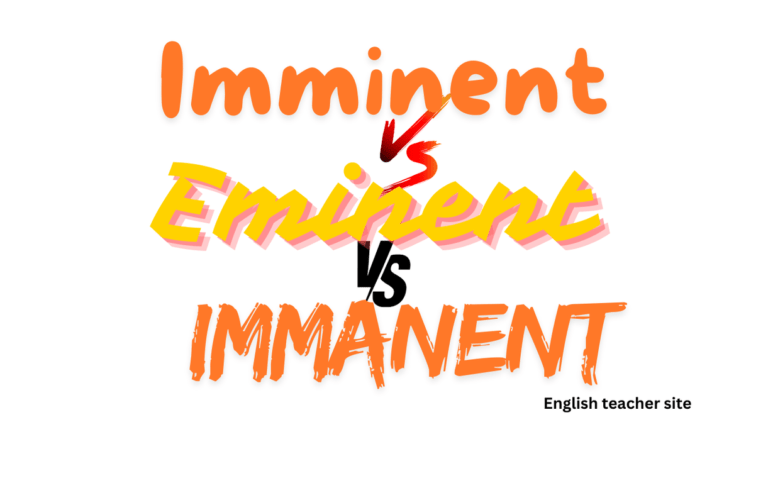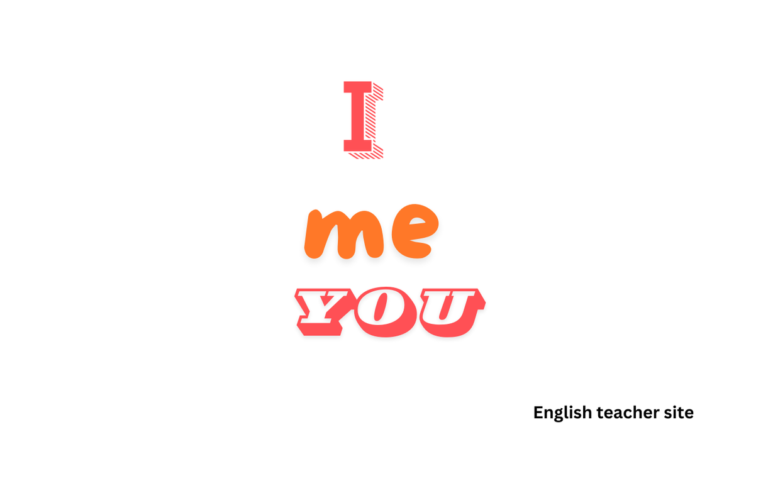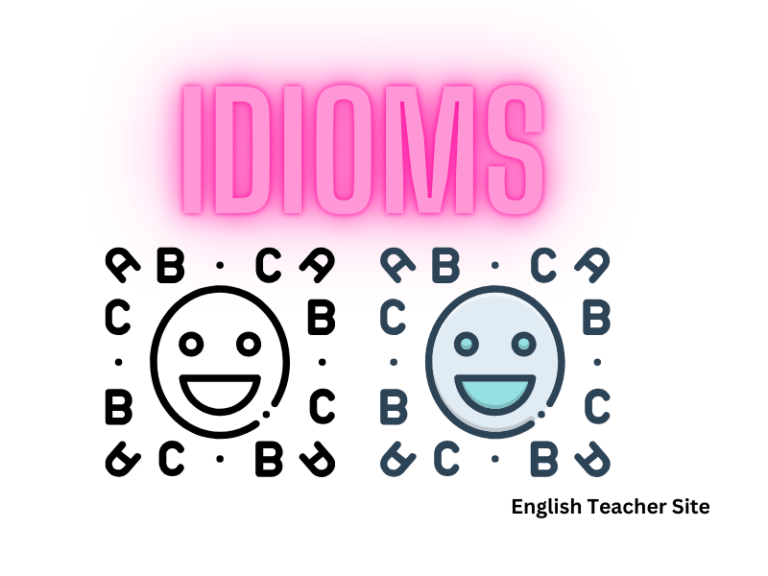Alright vs All Right: Which is Correct?
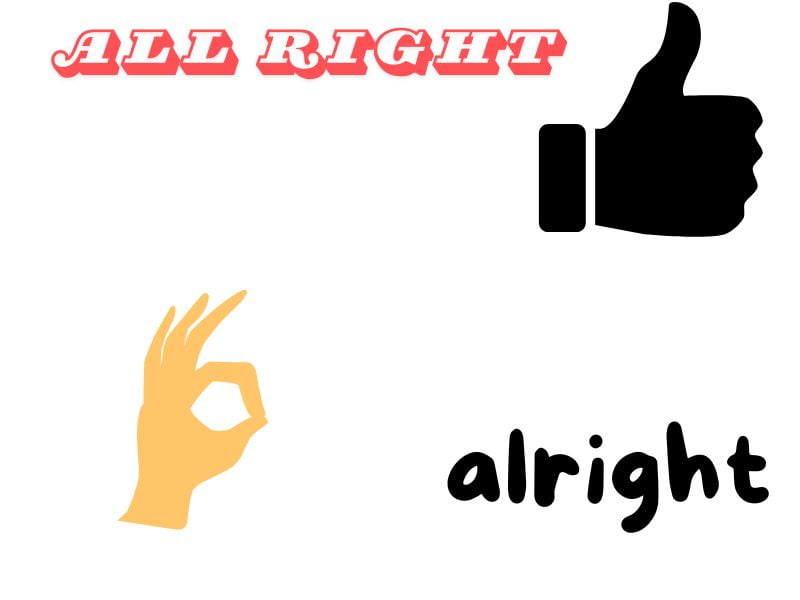
The use of “alright” versus “all right” is a common point of confusion for many people, including native English speakers. Some people believe that “alright” is simply a slang or informal way of spelling “all right,” while others believe that the two terms are interchangeable. However, this is not the case.
There are specific rules for when to use “alright” and when to use “all right,” and these rules can vary depending on the context in which the words are used.
All Right and Alright, Grammatical Considerations
Both are used interchangeably, but there are slight differences between them. This section will explore the grammatical considerations of “all right” and “alright” and help you understand when to use each one.
All Right as Adverb and Adjective
“All right” is a two-word phrase that can function as an adverb or an adjective. As an adverb, “all right” means “adequately” or “satisfactorily.” For example, “The student did all right on the exam.” As an adjective, “all right” means “satisfactory” or “acceptable.” For example, “The teacher said the student’s performance was all right.”
Alright in Informal Writing
“Alright” is a one-word spelling of the phrase “all right.” It is commonly used in informal writing and speech. However, it is not considered standard English and should be avoided in formal writing.
According to Merriam-Webster, “alright” is a nonstandard spelling of “all right.” While it is widely used, it is not considered correct by many dictionaries and grammar guides.
It is important to note that while “alright” is not considered standard English, it is still used frequently in informal writing and speech.
Spelling and Dictionaries
The spelling of “alright” is a point of contention among many grammarians. Some dictionaries, such as Merriam-Webster, recognize “alright” as a nonstandard spelling of “all right.” Other dictionaries, such as the Oxford English Dictionary, do not recognize “alright” as a word at all.
English Language
In summary, “all right” and “alright” are both used to convey the same meaning. “All right” is the standard spelling and can function as an adverb or an adjective. “Alright” is a nonstandard spelling that is commonly used in informal writing and speech. As an English teacher, it is important to understand the differences between the two spellings and use them appropriately in different contexts.
Acceptance in Informal Usage
In informal contexts, “alright” is an acceptable alternative to “all right.” It is commonly used in casual or colloquial conversations, text messages, and social media posts. However, it is essential to note that “alright” is still considered informal and should be avoided in formal writing.
To summarize, “all right” is the correct spelling in formal writing, while “alright” is acceptable in informal contexts. Here are some examples to help differentiate the usage of “all right” and “alright”:
| Formal Writing | Informal Usage |
|---|---|
| Business Correspondence | Text Messages |
| Academic Writing | Social Media Posts |
| Legal Documents | Casual Conversations |
Some additional points to keep in mind when using “all right” and “alright” are:
- “All right” is used to describe something that is satisfactory or acceptable.
- “Alright” is used to express agreement, approval, or to indicate that everything is fine.
- It is essential to use the correct spelling to convey the intended meaning and avoid confusion.
- When in doubt, use “all right” for formal writing and “alright” for informal usage.
By following these guidelines, you can use “all right” and “alright” correctly in any context.
When to Use ‘All Right’
All right is the correct spelling of the phrase in American English. It is also the more traditional and formal spelling in British English. Here are a few situations where you would use ‘all right’:
Agreement: All right is often used to indicate agreement. For example, “All right, I’ll come with you to the party.”
Condition: All right can be used to indicate that a condition is satisfactory. For example, “The car is all right, but it needs a new battery.”
Permission: All right can be used to indicate permission. For example, “All right, you can go to the movies after you finish your homework.”
Goodbye: All right can be used to say goodbye or end a conversation. For example, “All right, I’ll talk to you later.”
It is important to note that ‘all right’ is two words and should not be confused with the word ‘alright,’ which is a common misspelling.
| All Right | Alright |
|---|---|
| Correct | Incorrect |
| Formal | Informal |
| Traditional | Modern |
As shown in the table above, ‘all right’ is the correct and more formal spelling, while ‘alright’ is informal and considered a misspelling. It is important to use ‘all right’ in formal writing such as academic papers, business emails, and professional documents.
To summarize, ‘all right’ should be used in situations where formality is required, and ‘alright’ can be used in informal situations, but it is not considered correct in standard English.
When “Alright” is Acceptable
In some cases, using “alright” instead of “all right” may be acceptable. This is especially true in informal writing or speech. For example, in a text message or a casual email to a friend, using “alright” is perfectly fine.
In some cases, “alright” can also be used for emphasis. For instance, if someone is excited about something, they might say “alright!” to show their enthusiasm. In this case, “all right” would not have the same effect.
It’s worth noting, however, that even in informal writing, using “all right” is still considered the more correct option. While “alright” may be acceptable in some situations, it’s still not considered standard English.
| Situation | Correct Option |
|---|---|
| Text message or casual email | Alright |
| Excitement or emphasis | Alright |
| Formal writing | All right |
It’s important to keep in mind that using “alright” instead of “all right” can still be seen as a mistake by some people, especially in more formal situations. When in doubt, it’s always better to use “all right” to avoid any confusion or criticism.
Additionally, it’s important to note that “alright” is not a word in some English-speaking countries, such as the UK. In these countries, “all right” is the only correct option.
Overall, while “alright” may be acceptable in some situations, it’s still not considered standard English and should be used with caution.
Proofreading for Correct Usage
As an English teacher, it is important to teach students the proper usage of “alright” and “all right.” While both terms are acceptable, “all right” is the more formal and widely accepted spelling.
When proofreading, it is important to ensure that the correct spelling is used in the appropriate context. Here are a few tips to help with proofreading:
- Check for consistency: Ensure that the same spelling is used throughout the document. If “all right” is used in one sentence, “alright” should not be used in another.
- Consider the tone: If the document is formal or academic, “all right” should be used. If the tone is informal or conversational, “alright” can be used.
- Use of adjectives and adverbs: “All right” is used as an adjective or adverb to mean “adequate” or “satisfactory.” It can also be used as an affirmation that suggests “correctness.” “Alright” is a more casual version of “all right” and can be used in place of “okay.”
Here is a table to help illustrate the differences between “all right” and “alright”:
| All Right | Alright |
|---|---|
| Formal and widely accepted | Informal and casual |
| Used in academic and professional settings | Used in casual and conversational settings |
| Can be used as an adjective or adverb | Can be used as an adjective or adverb |
| Can be used as an affirmation of correctness | Can be used as an affirmation of correctness |
Conclusion
In conclusion, both “alright” and “all right” are acceptable forms, but it is recommended to use “all right” in formal writing. It is important to be consistent in your usage and to consider the level of formality required in each context.
My name is Khamis Maiouf. I am the creator of the English Teacher Site, dedicated to providing valuable resources and insights for students around the world. With a passion for education and a commitment to helping students enhance their skills, I aim to make English teaching more effective and enjoyable for both educators and students.

